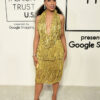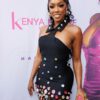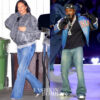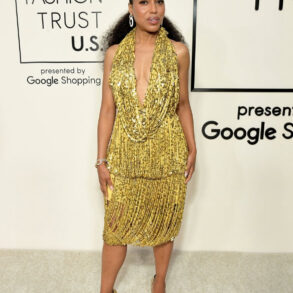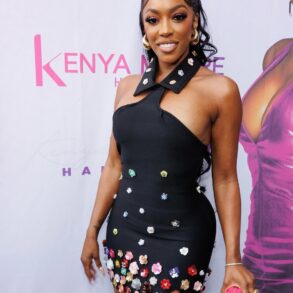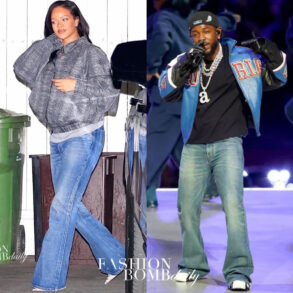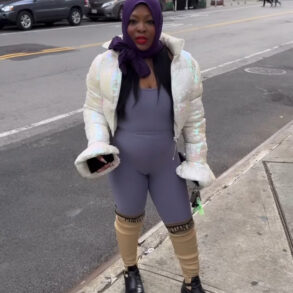As the 50th anniversary of hip-hop has been celebrated this year, many props have been paid to the pioneers who launched the Bronx-born culture in the ‘70s and ’80s. And rightly so.
However, one ’90s game-changer — the artist formerly known as Puff Daddy — has been strangely MIA from the festivities, such as the epic Hip Hop 50 concert, held at Yankee Stadium in August.
But it was impossible to deny the lasting impact of Sean “Diddy” Combs when the 53-year-old rapper, producer and all-around mogul rocked the stage at Tuesday’s MTV Video Music Awards with a career-spanning performance that more than merited his Global Icon Award — and showed the kids half his age how it’s done.
And there is plenty of Love — the middle name that Combs officially adopted to replace John in 2021 — for Daddy Diddy from the younger generation on his star-studded new album that dropped on Friday.
“The Love Album: Off the Grid” — Diddy’s first studio LP since 2010’s “Last Train to Paris” with Dirty Money — features everyone from pop stars (The Weeknd, Justin Bieber) to R&B divas (H.E.R., Summer Walker) to rappers young enough to be his children (21 Savage, Swae Lee), alll showing up to kiss his blinged-out ring.
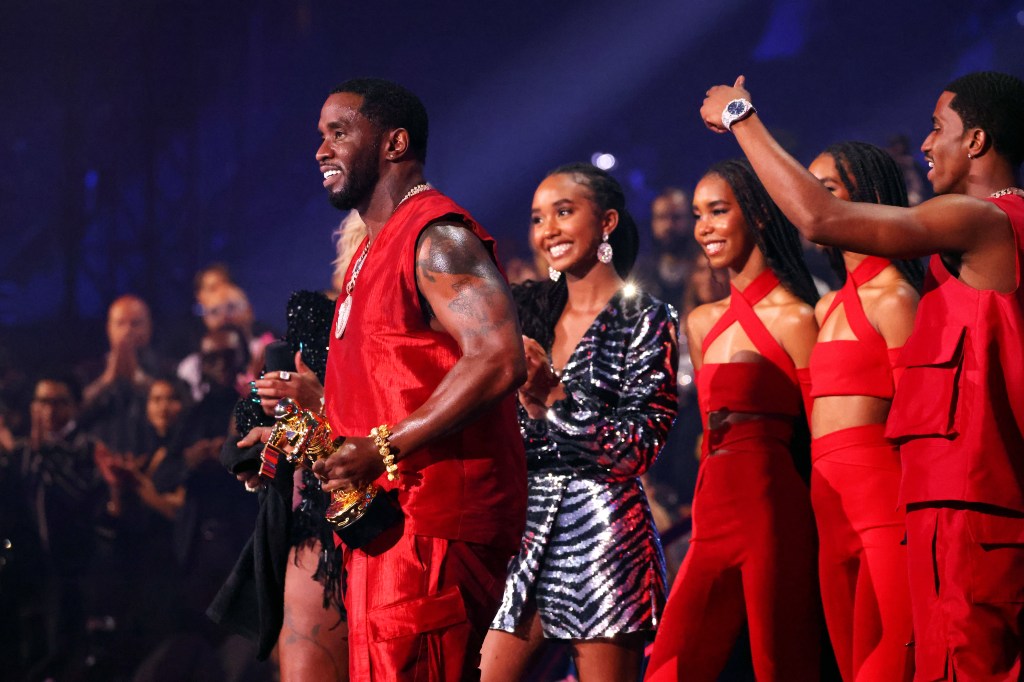
And if you thought Diddy was going to sound like your formerly hip father crashing the party, think again. In fact, “The Love” Album shows just how much Combs is The Blueprint (sorry, Jay) for today’s hip-hop music.
While some hip-hop purists dissed Diddy when he began bringing more of a melodic R&B and pop sensibility to hip-hop in the ’90s — sometimes basing whole tracks around sampled songs such as the Police’s “Every Breath You Take” (on his 1997 smash “I’ll Be Missing You”) — it set the template for the modern hip-hop sound with Kanye West in the ’00s and then Drake in the ’10s and you name it today.
“He’s from Harlem, and he brings that Harlem sensibility to everything he does,” said culture expert Emil Wilbekin. “He really pioneered what would become this great mix of hip-hop and R&B if you think about Mary J Blige, Jodeci and Heavy D [& the Boyz].”
Indeed, all of those artists were developed by a young Diddy when he worked in A&R at Uptown Records before he went on start his own label, Bad Boy, where he launched the careers of the Notorious B.I.G., Mase and his own act, Puff Daddy & the Family.
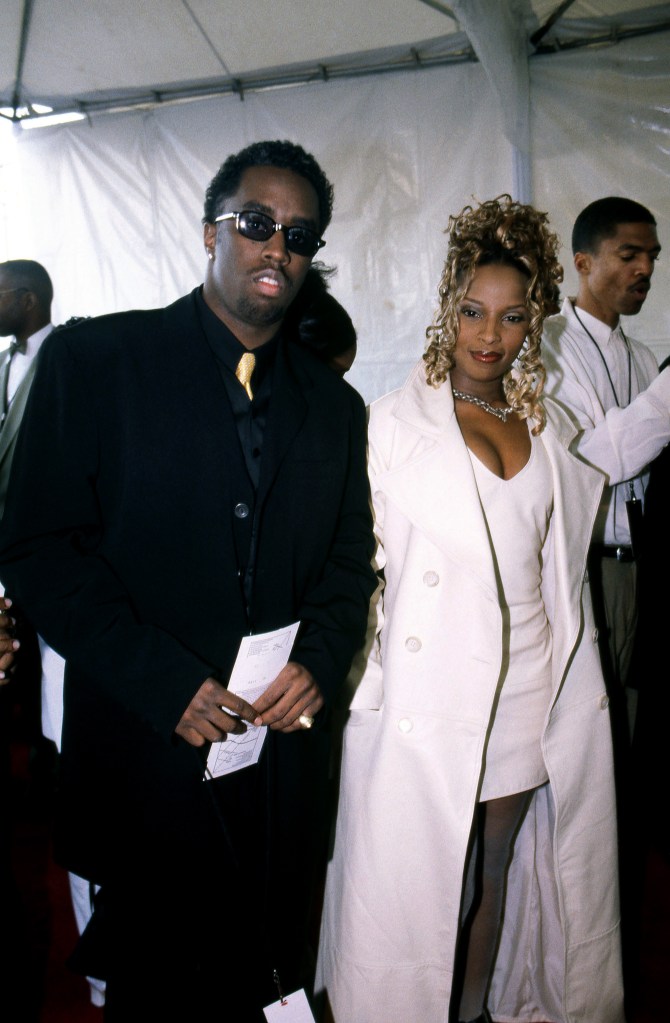
“You think about the storytelling and the melodies, the male vulnerability, the women singing their hearts out with passion — all of that was work that he pioneered,” said Wilbekin, who likens Diddy to a music giant from a previous generation.
“The person that I often think about when I think about Diddy is Quincy Jones,” said Wilbekin. “Quincy Jones is a musical genius who would not be afraid to take pop music, R&B music, rap music and jazz and mix it all together.”
But of course, Diddy’s impact on hip-hop has gone beyond the music. In addition to heading Bad Boy Records, he launched his own Sean John clothing line, his own Ciroc brand of alcohol and even his own cable music network in Revolt.
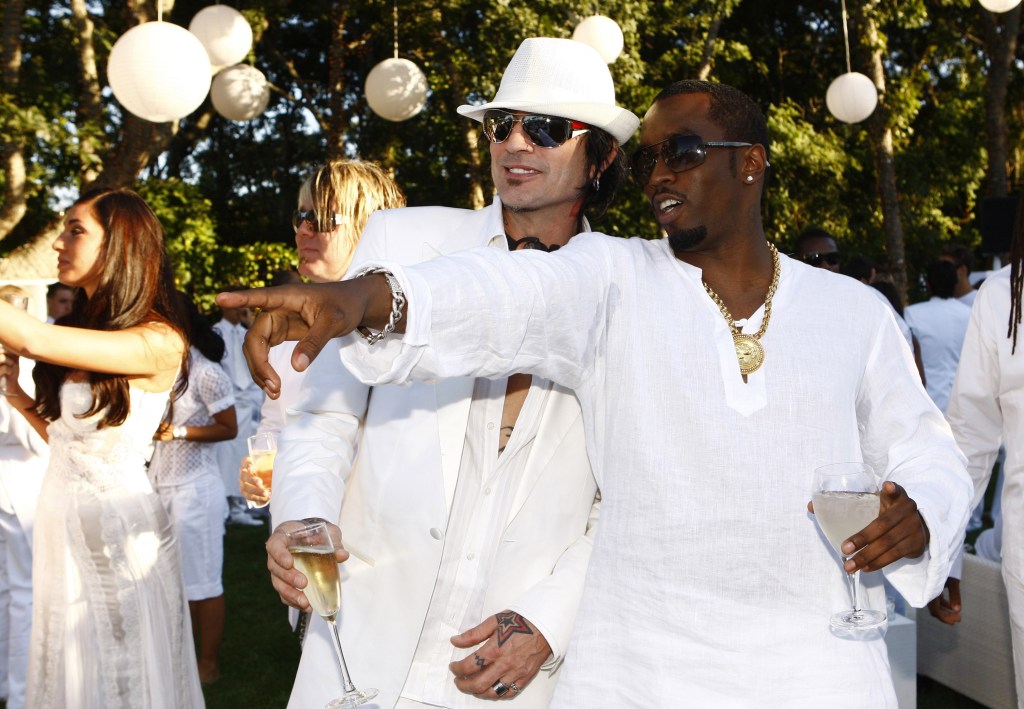
In the process, he has shown the world what it means to be “ghetto fabulous” — a phrase coined by his late Uptown Records mentor Andre Harrell — whether it was with his luxury branding or his “Great Gatsby”-esque White Parties in the Hamptons.
“Diddy made it a lifestyle … with a very unapologetically black perspective,” said Wilbekin, who put the star on his first cover as editor in chief of Vibe magazine in December 1999. “He really brought hip-hop music and culture to life as a lifestyle brand.
“He was very influential in changing not just how black Americans saw themselves, but how luxury brands saw themselves.You now see all these high-end luxury brands during Fashion Week all across the world bringing in rappers, bringing in R&B singers. That’s the kind of stuff that he pioneered.”
This post was originally published on this site be sure to check out more of their content.

